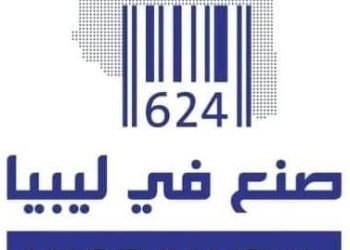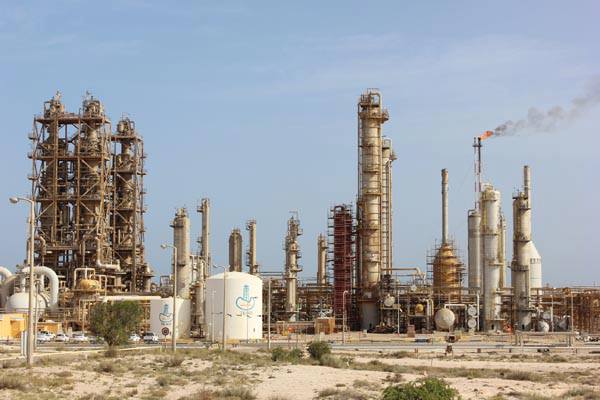By Libya Herald reporter.

Tunis, 4 April 2015:
The Central Bank of Libya (CBL), based in the eastern city of Al-Beida representing the . . .[restrict]only internationally recognized Libyan parliament, the House of Representatives (HoR), has warned that ‘‘firm financial measures’’ must be taken in order to halt the deficit that Libya is going through in 2015.
The CBL warned, in a report issued last week that the 2015 deficit is expected to reach 68% of GDP or LD 30 bn if state salary and subsidy spending continued at present levels. It recommends a series of firm reforms in order to reduce the deficit to around LD 11 bn.
The report explained that the deficit was caused by the collapse in Libya’s oil production in 2013 as a result of the political and military conflict in the country as well as the sudden collapse in international crude oil prices in 2014.
These factors negatively affected the state’s revenues and directly affected the foreign currency reserves which were depleted by a total of US$ 25 bn (US$ 3 bn in 2013 and US$ 22 bn in 2014).
The report expected oil production to increase to half a million bpd if the oilfields and export terminals avoid the power struggle and if international crude oil prices stabilized at US$ 58 pb.
The CBL report also looked at non-hydrocarbon revenues and means of increasing these through the decrease in fuel subsidies and its sale at international prices. It recommended that the fuel subsidy be substituted with an LD 100 monthly payment per Libyan family.
It also recommends the decrease of the state salaries sector of the budget through the cancellation of the corrupt duplication of wages through the use of the National ID Number as the means of salary disbursement.
Another measure that the report stressed as a means of reducing state spending is the reduction of disbursements and spending on Libyan diplomatic missions abroad. The freezing of war damage reparations and the family allowance were also recommended until the state’s revenues recover.
The reform report further advised the freezing of scholarships for overseas studies and training, and strongly recommended that the subsidy on electricity be removed and the reduction of food subsidies and the use of the National ID Number for their distribution.
Finally, the CBL report says that if the government implemented the reforms recommended by it, it expects that the deficit would be reduced to just over a third of its forecast of LD 30 bn – down to about LD 11 bn. [/restrict]








